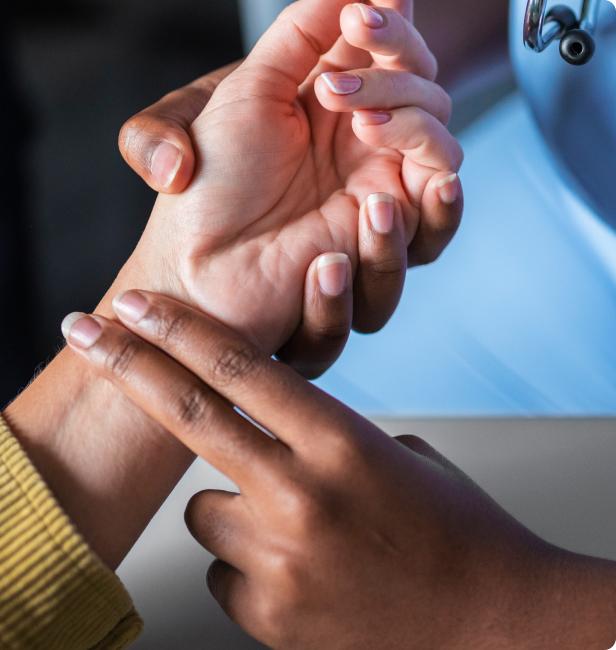Not sure where to start? Chat with our health advisor
Chat now

I'd like to
.......
0
- Healthcare Services
- For Business
- About Us
- Contact Us
Upload Prescription
Categories
pain relief & first aid
reproductive health
digestive relief
respiratory relief
eye
ear, nose & throat
chronic conditions
central nervous system
medical devices
infections and infestations
Categories
View All Categories
Oh No ...
Sorry, we currently dont not have the products you are looking
for here but please reach out to us on whatsapp so that we can sort you out





